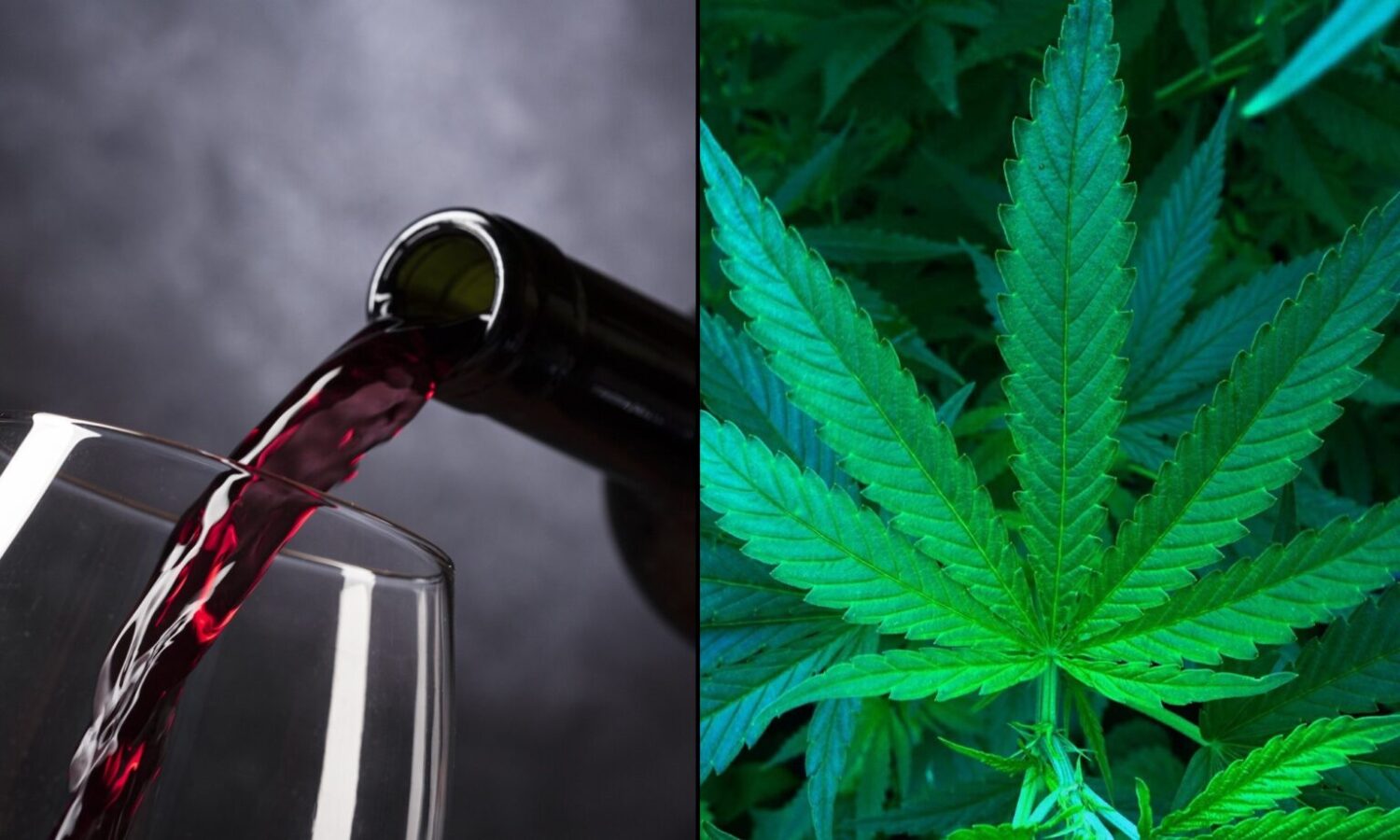Video game streaming company Twitch has updated its branding policy for streamers, prohibiting promotions of marijuana businesses and products while explicitly allowing alcohol partnerships.
While the Amazon-owned livestreaming hub reversed course on other unrelated aspects of new branding policy changes rolled out this week after facing significant pushback from the gaming community, it’s currently maintaining the cannabis ban.
The branded content policy covers product placements, endorsements, sponsored gameplay, paid unboxing and branded channels. Under a list of prohibited branding deals, it says streamers cannot be paid for promoting “cannabis-related products, including vaping, delivery, and CBD.”
But the guidelines carve out an exception for alcohol, allowing streamers to be paid for promoting booze as long as products are “marked as mature content.”
In addition to cannabis, gamers are also subject to restrictions for branding that involves weapons, adult content, tobacco products, medical facilities and political content.
Marijuana Moment reached out to Twitch for comment on the policy distinction, but a representative was not immediately available.
One streamer, JimTanna, picked up on the disconnect between Twitch’s cannabis and alcohol rules and said “everyone is confused” about the update, which he said would hurt the ability of users to make a living on the service.
Interestingly, Twitch clarified rules last year in a way that was inclusive of cannabis—exempting marijuana-related references from the list of banned usernames, just as it does for alcohol and tobacco.
Twitch’s parent company Amazon is also lobbying in support of federal marijuana legalization legislation. And the corporation has also adopted more progressive policies internally around marijuana drug testing for employees.
Other technology companies have been revising policies around cannabis as more states move to enact legalization and the market expands.
For example, Twitter has removed a feature that previously presented users who searched the site for certain drug-related keywords, including “marijuana,” with a suggestion they consider entering drug treatment. No such suggestion had appeared for “alcohol” searches.
In an update to Apple’s iPhone software that was instituted last year, users were given an option to track medications and learn about possible drug interactions with other substances—including marijuana.
In 2021, Apple ended its policy of restricting cannabis companies from conducting business on its App store. The marijuana delivery service Eaze subsequently announced that consumers were able to shop and pay for products on its iPhone app for the first time.
Last year, New York marijuana regulators asked the social media app TikTok to end its ban on advertising that involves the word “cannabis” as they work to promote public education on the state’s move to legalize.
On Facebook, state-legal cannabis businesses, advocacy groups and government entities like the California Bureau of Cannabis Control have complained of being “shadow banned,” where their profile pages do not show up on a conventional search. There were reports in 2018 that the social media giant would be loosening its restrictive cannabis policies, but it’s unclear what steps its taken to achieve that.
The same problem exists on the Facebook-owned Instagram, where people have consistently said that their accounts have been deleted by the app over marijuana-related content even if they weren’t advertising the sale, or promoting the use, of cannabis.
In contrast to Apple, Google’s Android app hub updated its policy in 2019 to explicitly prohibit programs that connect users with cannabis, no matter whether it is legal in the jurisdiction where the user lives. (Full Story)

